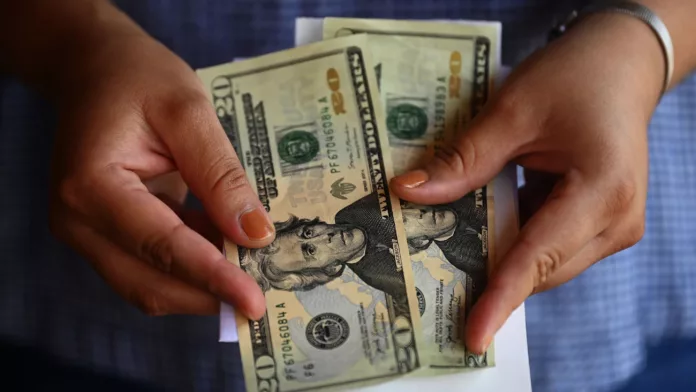
By Gemma Handy
Heftier fees for people wiring money out of the country – such as foreign workers’ remittances – are set to come into effect within weeks after Senators backed the move.
The Upper House yesterday approved a legal change to more than double the tax on money transfers from two percent to five percent.
The Money Services Business (Transfer) Levy Bill 2024 – which has now passed both Houses of Parliament – is expected to be enforced from April 1.
The increased levy applies to all funds sent out of Antigua and Barbuda via licensed money transfer businesses, which then have 30 days from month-end to pay it to the Inland Revenue.
The bill sparked lively debate in both the House of Representatives and the Senate.
Government says the additional revenue – first announced in December’s budget – will add crucial dollars to public coffers and help it meet its monthly obligations on time.
But opposition politicians claim it unfairly targets migrants; for many families across the Caribbean, remittances are a financial lifeline.
UPP Senator Shawn Nicholas said the rise penalises non-nationals, “many of whom are low-income earners”.
“Yes, they must make a contribution to Antigua and Barbuda, but we have to be mindful of the impact such a tax would have on them,” she said.
Nicholas added that the higher levy, coupled with the commission charged by operators like MoneyGram and Western Union, will see remittances become a “costly exercise”.
Government Senators disagreed, with Dwayne George saying the levy is still a nominal fee.
“The same non-nationals we are talking about all benefit from services provided in Antigua and Barbuda,” he said to applause from the gallery.
“All we are asking for is a little bigger contribution,” he added.
Leader of Government Business, Samantha Marshall, said the current rate had been in place for more than 20 years.
“The two percent was initially introduced through an order signed by the minister. We now have a bill which eventually will become an act and that will supersede the order,” she explained.
Marshall denied the move was anti-migrant, pointing out the government eradicated work permit fees for Caricom nationals last year.
She said the increase would translate to a “significant contribution” to government revenue.
Marshall said money transfer fees of seven percent in the British Virgin Islands had brought in US$2 million within a year of coming into effect in 2020.
“Those monies were used for social, health and agricultural programmes,” she said.
“These are similar measures we are taking to ensure that Antigua and Barbuda – despite everything happening in the world – can maintain the trajectory to be sustainable.”

